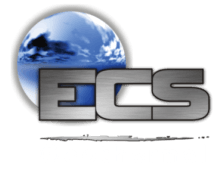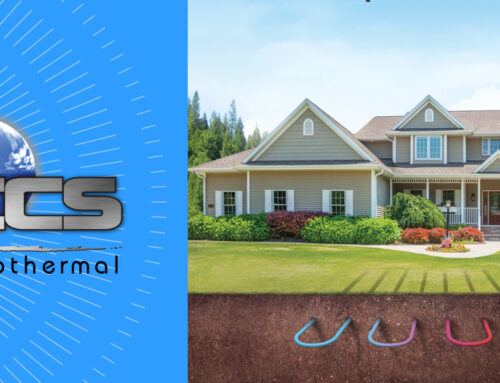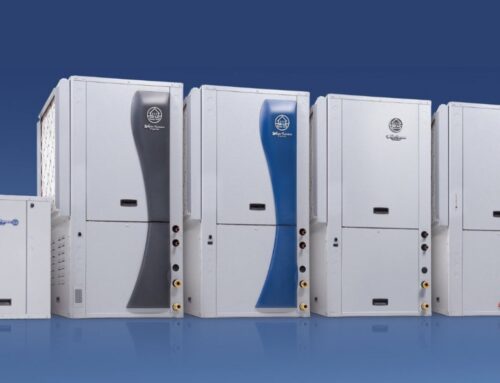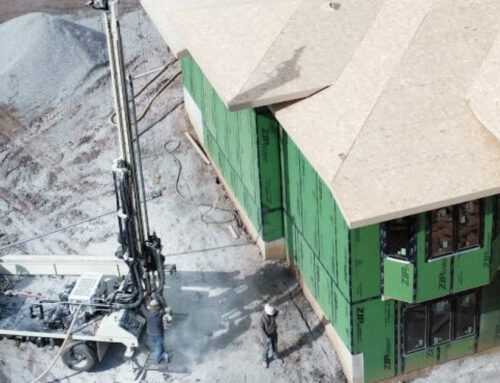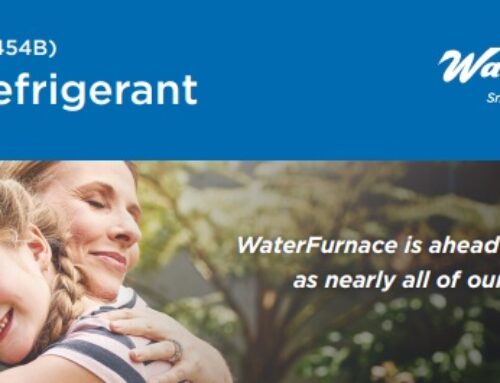YES, big businesses have been increasingly asserting their presence in the HVAC (Heating, Ventilation, and Air Conditioning) industry.

Large corporations or private equity groups often acquire smaller HVAC companies, consolidating their market share. This consolidation allows them to expand their reach and streamline operations, often resulting in cost efficiencies. However, many times there is a hidden downside for the customer.
Is this a Good Thing?
The acquisition of small heating and cooling companies by private equity groups or larger corporations can have detrimental effects on various aspects of the industry. One significant negative impact is the prioritization of short-term profits over long-term sustainability. Private equity firms often implement aggressive cost-cutting measures to boost immediate returns, which may compromise the quality of service and maintenance provided by these companies. The focus on maximizing shareholder value can lead to reductions in staffing levels, training programs, and investment in modern, energy-efficient technologies. This can result in a decline in customer service, employee morale, and overall operational efficiency. Furthermore, the financial engineering strategies employed by private equity groups, such as leveraging companies with excessive debt, can burden small businesses with financial strain, potentially leading to bankruptcy and job losses. Overall, the short-sighted profit-driven approach of private equity in the heating and cooling sector may undermine the industry’s ability to meet the long-term needs of customers and communities.
Are most HVAC Service Technicians on Commission?
Another industry secret is commission based service technicians. It’s not uncommon for companies in various service industries, including heating and cooling, to offer inexpensive service calls as a strategy to generate business and subsequently earn revenue through commission-based upselling. This approach involves enticing customers with a low-cost initial service call and then attempting to increase the overall transaction value through additional products, services, or upgrades.
For heating and cooling services, upselling opportunities may include recommending more extensive repairs, suggesting maintenance plans, promoting energy-efficient equipment upgrades, or proposing add-on services such as duct cleaning. While this strategy can benefit both the service provider and the customer, as it may lead to improved system performance and longevity, customers should be cautious and informed when considering upsells.
Here are a few considerations for customers facing commission-based upselling after a cheap service call:
1. Transparency: Customers should expect transparency from service providers regarding the initial service call cost and any potential upsells. Clear communication about pricing and the reasons behind recommended additional services is essential.
2. Informed Decision-Making: Consumers should educate themselves about their heating and cooling systems, potential issues, and common maintenance requirements. This knowledge empowers customers to make informed decisions about whether suggested upsells are genuinely necessary.
3. Comparison Shopping: Before agreeing to any upsells, customers may benefit from obtaining quotes or opinions from other reputable service providers. This comparison can provide a clearer picture of the proposed services and their associated costs.
4. Service Agreements: Customers should carefully review service agreements to understand the terms, conditions, and any potential additional fees. This includes confirming whether the service provider works on a commission-based model.
While commission-based upselling can be a legitimate business practice, it’s important for customers to feel confident that any recommended services align with their actual needs and are not solely driven by the service provider’s desire for additional revenue. Clear communication and an understanding of the terms of service can help foster a positive and fair relationship between customers and heating and cooling service providers.

How can Locally Owned HVAC companies benefit customers?
Local HVAC companies can offer unique benefits to customers compared to larger corporations. Overall, these HVAC companies can offer a level of personalized service, expertise, and flexibility that may be harder to find with larger corporations. Customers who value these qualities may find that working with a local HVAC company aligns better with their needs and preferences. By choosing to support a locally owned HVAC company, customers can contribute to the local economy and support local businesses in their community.
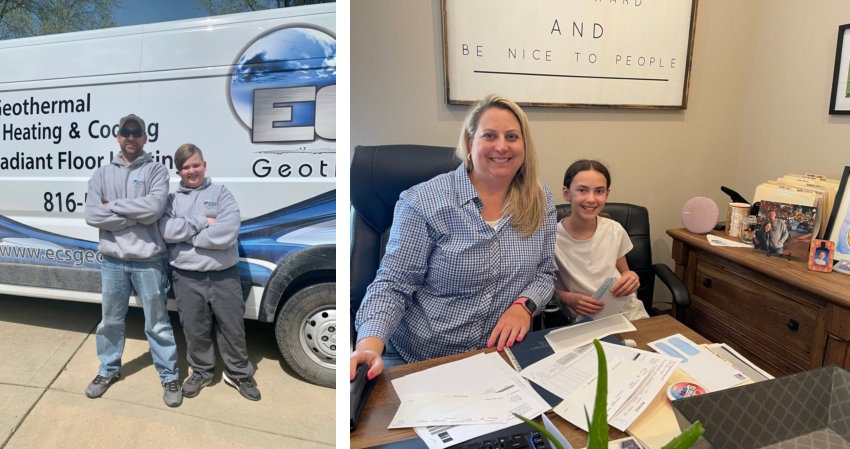
ECS Geothermal is a Locally Owned and Operated HVAC Business!
With our Service You Can Expect:
• To Be Charged a Fair Price
• Our Service Technicians are NOT commission based. They make nothing by upselling our customers on unneeded parts, equipment or service contracts.
• Focus and Expertise is what you pay for – We are the leaders in the Geothermal Heating and Cooling industry.
• You Can Always Trust that our Technician is Working in Your Best Interest
• 100% Customer Satisfaction is our Goal
We appreciate all of our customers, and work to treat everyone as the most important!
ECS Geothermal
Heating and Cooling with Dirt for Over 25 30 Years!
We are the largest geothermal contractor in Kansas City. We are 100% focused on ground source heat pumps – “All We Do Is Geothermal!”

Phone: 816-532-8334
Contact Us Today for a free consultation.
